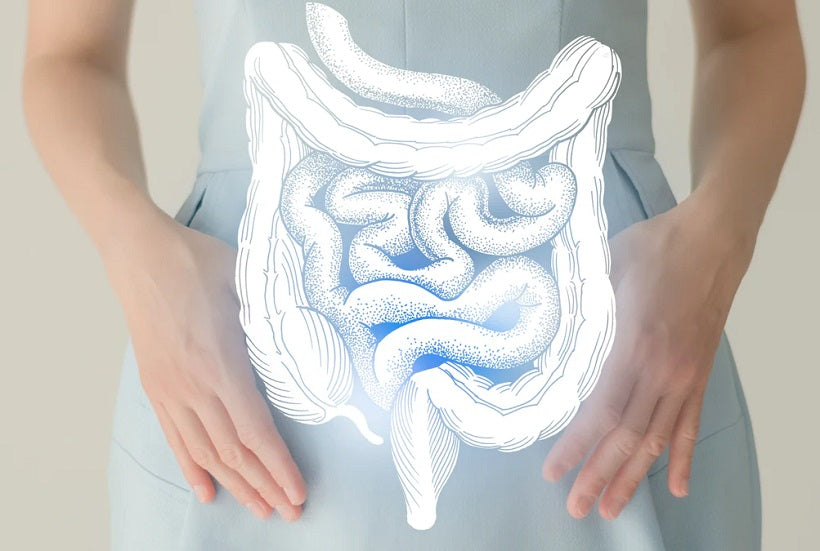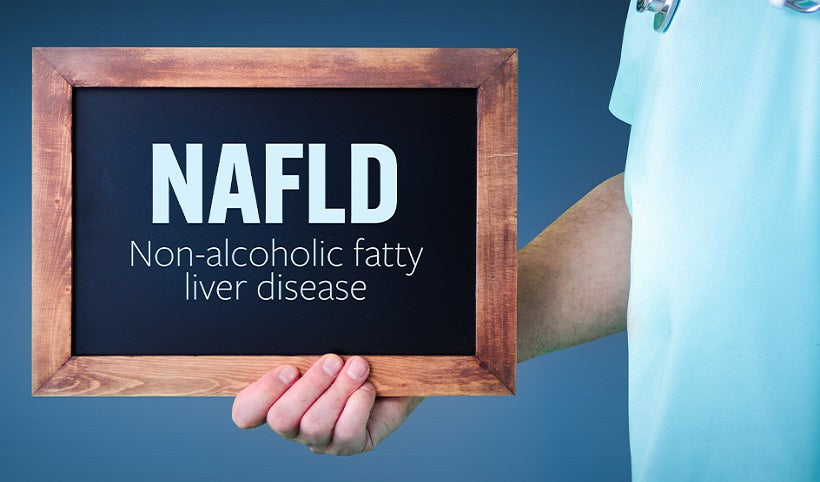Hormones yield significant influence over a woman's ability to maintain weight and burn fat. Oestrogen, progesterone, insulin, cortisol, and thyroid hormones are all key players in this metabolic equation and imbalances can disrupt the delicate play, leading to weight fluctuations and ‘blocks’ to fat burn.
Identifying Hormonal Imbalances
When a woman has irregular periods, heavy bleeds, sore breasts or pain with her cycle it’s evident there is a hormone imbalance. Many of these issues are related to oestrogen dominance where there is either too much oestrogen or insufficient progesterone (which we produce through ovulation). Oestrogen dominance can cause abdominal bloating and weight gain around the midline.
If someone holds fat mass around the belly it’s likely they will also have issues with insulin sensitivity making it more difficult to effectively use fat stores for energy. In other words, your efforts at the gym and with diet may be in vain.
Weight around the stomach can also occur when someone is under ongoing stress and their increased stress hormones result in increased waist circumference that actually ends up producing its own cortisol. Quite the vicious cycle.

If low thyroid function is playing a role in weight gain you might notice hair loss, dry skin, sensitivity to cold, constipation and fatigue. Be sure to head off to your preferred medical practitioner for a full thyroid panel.
Nutrition for Hormonal Balance
Here is a list of hormone-friendly foods to encourage healthy oestrogen clearance and healthy hormone balance.
- Cruciferous vegetables including broccoli, cauliflower, cabbage, brussels Sprouts, kale, radishes, arugula, turnips, bok choy, watercress, collard greens and mustard greens for modulating oestrogen.
- Flaxseed (linseed) encourages oestrogen balance.
- Seeds: Flaxseeds and pumpkin seeds are recommended during the follicular phase (days 1-14) of the menstrual cycle, with their omega-3 fatty acids and zinc content. Sesame seeds and sunflower seeds are suggested during the luteal phase (days 15-28), offering lignans, beneficial minerals, vitamin E, and selenium. This practice, known as seed cycling, involves incorporating these seeds into the diet during specific menstrual cycle phases to potentially support hormonal balance.
- Avocado, chia seeds, hemp seeds, oily fish. Provide quality fats for hormone production and balanced blood sugar.
- Chicken, turkey, tempeh, and legumes. They provide essential amino acids necessary for hormone production and also aid with healthy blood sugar.
- Iodine-rich foods: Seaweed, coloured sea salts, fish, and fermented dairy products for functioning of the thyroid gland.
- Selenium-rich foods: Brazil nuts, fish, turkey, and eggs. Essential for thyroid hormone production.
- Zinc-rich foods: Beef, chicken, nuts, and seeds. Essential in the synthesis and production of thyroid hormones, particularly in the conversion of the inactive thyroid hormone thyroxine (T4) to the active form triiodothyronine (T3).
How to Regulate Cortisol Levels to Help with Weight Loss
Stress is a common malady for modern-day women who need to work full time, run a household, manage children, and everything else that comes with our fast-paced society. Stress is a natural mechanism designed for short periods; however, long-term stress leads to adrenal exhaustion.
When the adrenals are trying to cope with stress, thyroid function is automatically reduced to balance out the effects of adrenaline and cortisol. Prolonged exposure to stress compromises thyroid function which in turn leads to a sluggish metabolism and weight gain.
Make an effort to include daily practices that give you moments of pause and calm. Stress-reduction techniques like meditation, yin or restorative yoga, and deep breathing exercises promote hormonal harmony.

Quality Sleep for Hormonal Reset
The circadian rhythm which controls the sleep cycle is closely connected with the endocrine system. In fact, the hypothalamus itself controls the circadian rhythm. The same endocrine gland in the brain that is involved with hormone control also regulates appetite, among other things.
Studies have shown that people who get less than seven hours of sleep at night are more likely to be obese or overweight. Furthermore, they have imbalanced blood sugar levels and are more prone to insulin resistance and thyroid issues. From clinical observations, shift workers and women who do not sleep well almost always have a hormonal imbalance.
Start implementing good sleep hygiene.
- Avoid television before bed
- Avoid eating your evening meal too late.
- Sleep in a room which is as dark as possible.
- Avoid loud alarm clocks. It is stressful to be woken up suddenly.
- Avoid caffeine.
Potential Benefits of Intermittent Fasting
Emerging studies suggest that intermittent fasting (I.F) may help reset hormones related to metabolism and weight regulation. Intermittent fasting is a pattern of eating with a predetermined period of time to consume caloric needs and a set period of time when one refrains from eating. Known benefits include:
- Increased insulin sensitivity and lowered baseline insulin levels in the body.
- Decreased insulin allows better utilisation of fatty acids. Consequently, the body uses fat as a source of energy to promote effective fat loss.
- Modulates ghrelin and leptin, which regulate hunger and satiety.
- increased levels of norepinephrine and human growth hormone, contributing to enhanced fat mobilization and metabolism.
- A short-term fast can boost metabolism.
If you need more 1:1 support to lose weight, see our Happy Weight program. It focuses on the common blocks to weight loss described above and provides meal plans and recipes song with the right supplements. No gimmicks, no false promises. A proven system that, if applied correctly, works—guaranteed.










Leave a comment
This site is protected by hCaptcha and the hCaptcha Privacy Policy and Terms of Service apply.